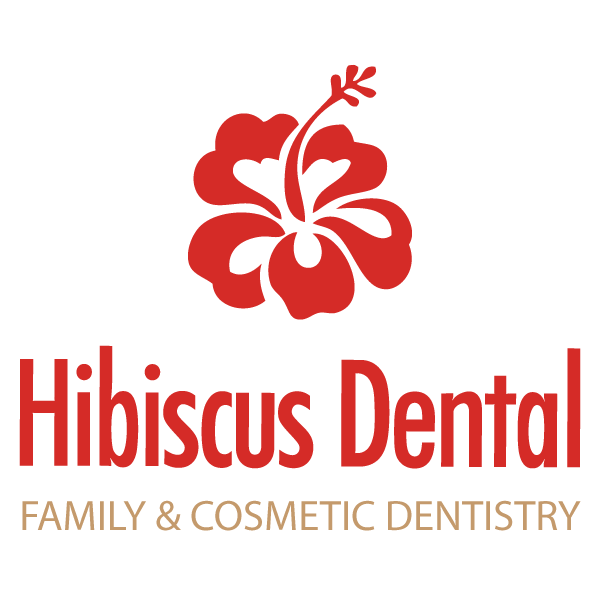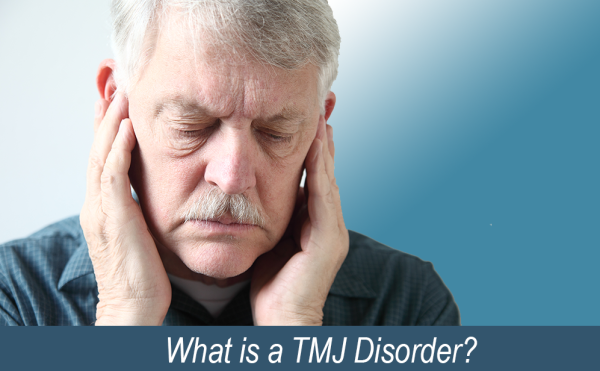Problems with your jaw and the muscles in your face that control it are known as temporomandibular disorders; TMJ or TMD.
At Hibiscus Dental, we are often asked about this painful disorder. The temporomandibular joints, called TMJ, are the joints and jaw muscles that open and close your mouth. Located on each side of the head, they work together when you chew, speak or swallow and can move forward, backward and side to side. Each TMJ has a disc between the ball and socket. The disc cushions the jaw while its at work day in and day out. Problems can arise that prevent this complex system of jaw muscles, ligaments, discs and bones from working properly.
The result can be a painful TMJ Disorder, or TMD. Common symptoms include:
- pain or tenderness in your face, jaw joint area, neck and shoulders, and in or around the ear when you chew, speak, or open your mouth
- problems when you try to open your mouth very wide
- jaws that get “stuck” or “lock” in the open- or closed-mouth position
- clicking or popping sounds in your jaw joint
- trouble chewing or a sudden uncomfortable bite — as if the upper and lower teeth are not fitting together properly
- swelling on the side of your face
There are many reasons while this can occur in young and older adults. Issues such as:
- arthritis
- dislocation
- accidental injury
- tooth and jaw misalignment
- jaw stress from teeth grinding
If you are affected by TMD, there are successful treatments available to alleviate the pain and discomfort through your dentist. Current research recommends a “less is often best” approach in treating mild TMJ disorders, which include:
- eating softer foods
- avoiding chewing gum
- resisting biting your nails
- treating pain with heat packs
- practicing relaxation techniques to control jaw tension
If you suspect you may be suffering from TMJ, make an appointment to come in for a TMJ evaluation with one of our dentists. We can help you determine the severity of your case. We may recommend advanced treatments, medications, or certain mouth appliances to help relieve your symptoms. In more serious cases, it may be recommend to repair an uneven bite by adjusting or reshaping some teeth. Orthodontic treatment may also be recommended. Your dentist will review your situation and your options with you and suggest the most appropriate therapy.
The good news is that with the appropriate help TMJ or TMD can be managed and the symptoms reduced. If you are currently experiencing any of the symptoms associated with TMJ, call our office at 321-777-4733 for an appointment today.


